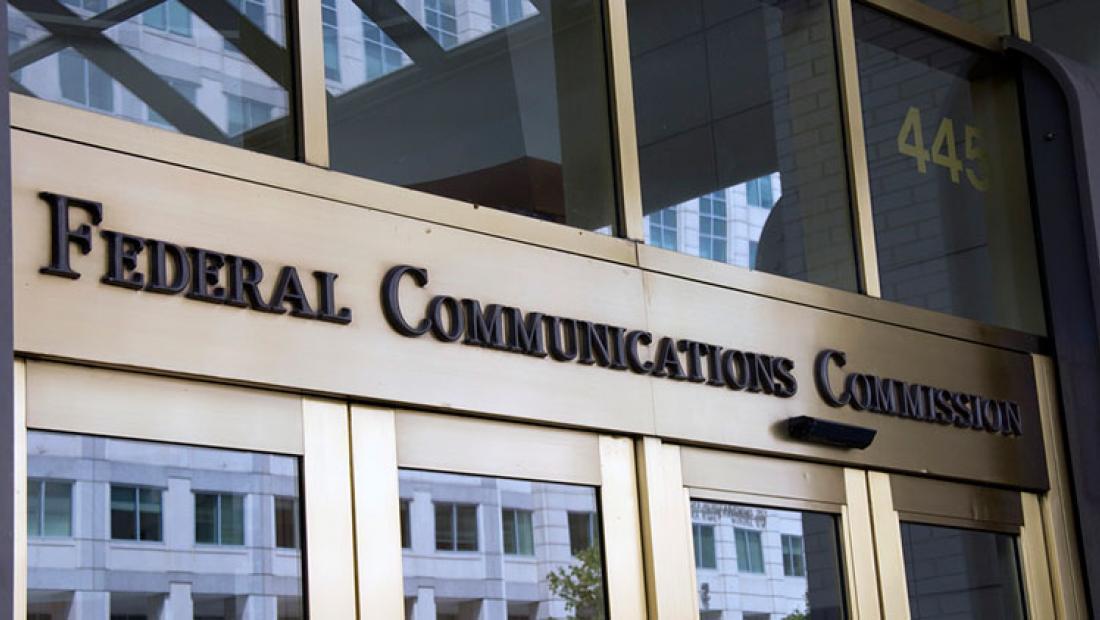Cable to FCC: Lease on Access Rules Should Run Out

The smarter way to stay on top of broadcasting and cable industry. Sign up below
You are now subscribed
Your newsletter sign-up was successful
Cable operators said leased access requirements were an imperfect solution to a problem that, if it ever existed, no longer does.
The rules require cable operators to reserve 10-15 channels for commercial use by unaffiliated programmers and restricts the prices cable ops can charge.
On June 7, the FCC voted unanimously to "modernize" its leased access rules, seeking comment on various proposals.
NCTA-The Internet & Television Association, told the FCC this week that forcing cable ops to carry leased access programmers they otherwise wouldn't doesn't pass the First Amendment smell test, or at least the intermediate scrutiny test.
While NCTA points out leased access is in statute, it said the FCC can at least recommend to Congress that it repeal it, meanwhile reducing the costs and burdens of the rules.
The American Cable Association agrees, telling the FCC, as did NCTA, that the video programming marketplace is very competitive, with a variety of video distribution platforms, including over-the-air TV and over-the-top platforms.
Related: Pai Signals Leased Access Do-Over
The smarter way to stay on top of broadcasting and cable industry. Sign up below
NCTA spelled out that marketplace at length, citing SlingTV, DirectTV Now, PlayStation Vue, Hulu with Live TV, YouTube TV, and others, or on an on-demand platform such as Netflix, Hulu, Amazon Prime, iTunes, Google Play, Vudu, Epix, Crackle, and others.
Among the changes the ACA is seeking to the rules are, which are changes the FCC is proposing, include requiring operators to respond only to "bona fide" requests about leasing channels, give operators more time to respond to those, and to charge a fee for applying for channels and a fee for the costs of negotiation when an agreement is struck.
ACA also wants a safe harbor rate as an alternative to the FCC's complicated formula for what operators can charge.
NCTA wants extended response times and fees and deposits, as well as expanding the definition of bona fide request to reduce the waste of valuable time and resources. It also wants the FCC to put an end to part-time leased access.
It says part-time programmers have a panoply of online choices without "imposing any operational, financial, or administrative burden on cable operators."
Contributing editor John Eggerton has been an editor and/or writer on media regulation, legislation and policy for over four decades, including covering the FCC, FTC, Congress, the major media trade associations, and the federal courts. In addition to Multichannel News and Broadcasting + Cable, his work has appeared in Radio World, TV Technology, TV Fax, This Week in Consumer Electronics, Variety and the Encyclopedia Britannica.

